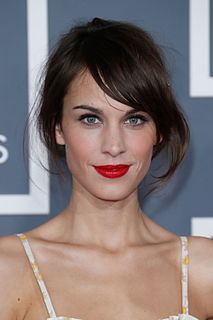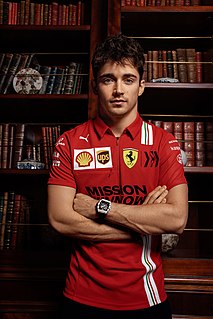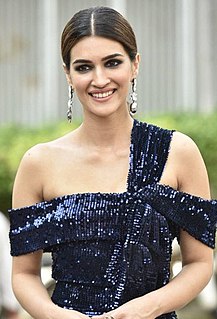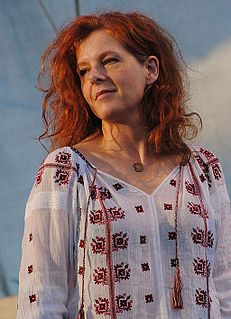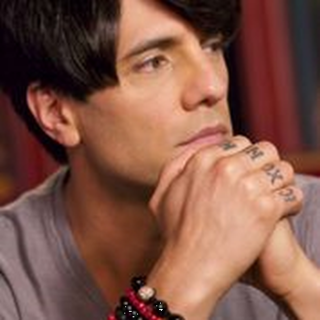A Quote by Alexa Chung
I'm never going to be one of those people who is good at organization. But I'm very visual. I have a catalog in my head of things I already own, so it's easy to shop and I always know exactly what I'm looking for.
Related Quotes
As a believer, I know that Jesus Christ has a plan and it's not going to be my plan. It's not always succeeding and looking back it's amazing looking back to see how God works in mysterious ways, not always good ways, rough ways but those rough times, those rough patches, and those swamps and all those things that I went through are looking back, were such an incredible life lessons for me not only to shape and build me as an athlete but most importantly, my character as a person.
He's extremely clever and I learn always so much when I fight with Lewis. He always knows exactly what you are going to do next with his experience, and that's what makes him so good on track with the battles. He's not very aggressive, always very correct, but always very good to anticipate what you are going to do.
Sudheer Varma is very easy going and very confident director. He knows exactly what he wants. He has a very good vision and knows how many shots he wants for a scene. He is super fast. He gives freedom for actors to try different things. The atmosphere on the sets was never serious. We had great fun working together.
You can just go to a magic shop or magic builder and buy what most magicians do, but that's not what I'm about. With 'Mindfreak' on television and 'Believe' live, I want to bring things that people have never seen before. That process is very difficult. It's very challenging, and you never know how long it's going to take - months or years.
I learned capacity for self-reflection very early, finding it through interior monologues that books are so good at and that visual media is so bad at because it's so boring - nothing's happening. In a book, you can be inside the narrator's head for 50 pages, and nothing needs to happen. Then you learn to be inside your own head without something needing to happen. It's a very good antidote to a crazy, restless, "what's next?" culture - that you can just be in your own head and nothing is happening except that this is a rich place. I love that.
Now I don't care what people think. I did some internet campaign where I was the voice of a puppet for Ford Focus ads because they were paying me a lot of money to do it, it was a very easy gig, but then the bonus was, it turned out to be an enormous amount of fun. I've learned not to turn my nose up at things just because they're not what other people might consider cool to do. Because I've also matured enough to know, you never know where these things are going to lead, and you never know what the experience is going to be like.
My mother was always expanding my art skills and getting me to paint different things. You always got to push some. And, I mean, I learned basic things like getting up on time, how to shop - you know, you don't touch things in a store you're not going to buy. These things were taught very young. I don't see today enough of this basic, you know, basic skill teaching.
Cinema is a visual language, and you're always looking for visual metaphors for things. You know, if I was writing a play about Howard Hughes, I could have him give a monologue about how he's terrified to touch a doorknob. But on screen, you know, working with Marty Scorsese in 'The Aviator,' that became the series of images that told a story.
More or less the first thing that comes into my head is that some people are always looking for what they want to do in life and never finding it. I'm not one of those people. It has been very obvious to me from an early age who I am, and this has been tied up with creativity, and, specifically, with writing.
I know I have within myself... a side of solitude. I think people who know me can see, but people who just meet me can't because I'm generally very fun and gregarious. I love to spend a lot of time on my own. I can seriously go into my own head and often love to let myself travel where I don't know where I'm going. I always felt that that was his kind of form of escape, in a way.
